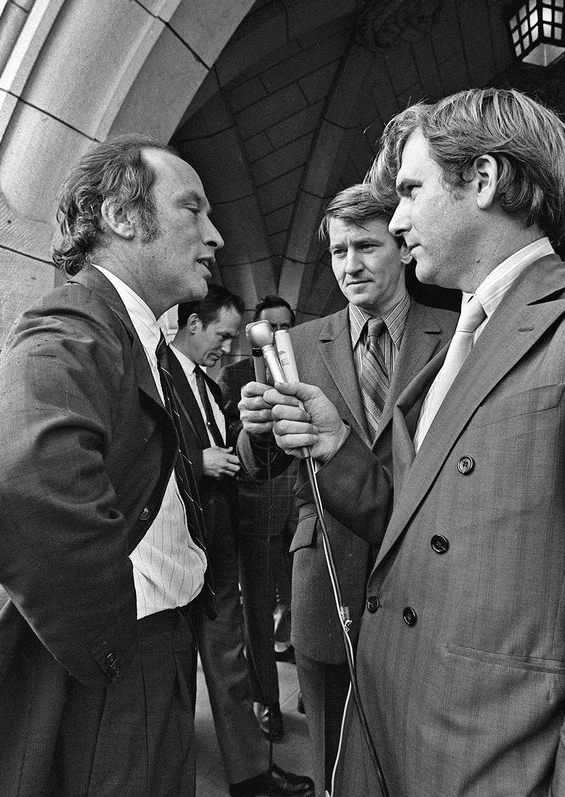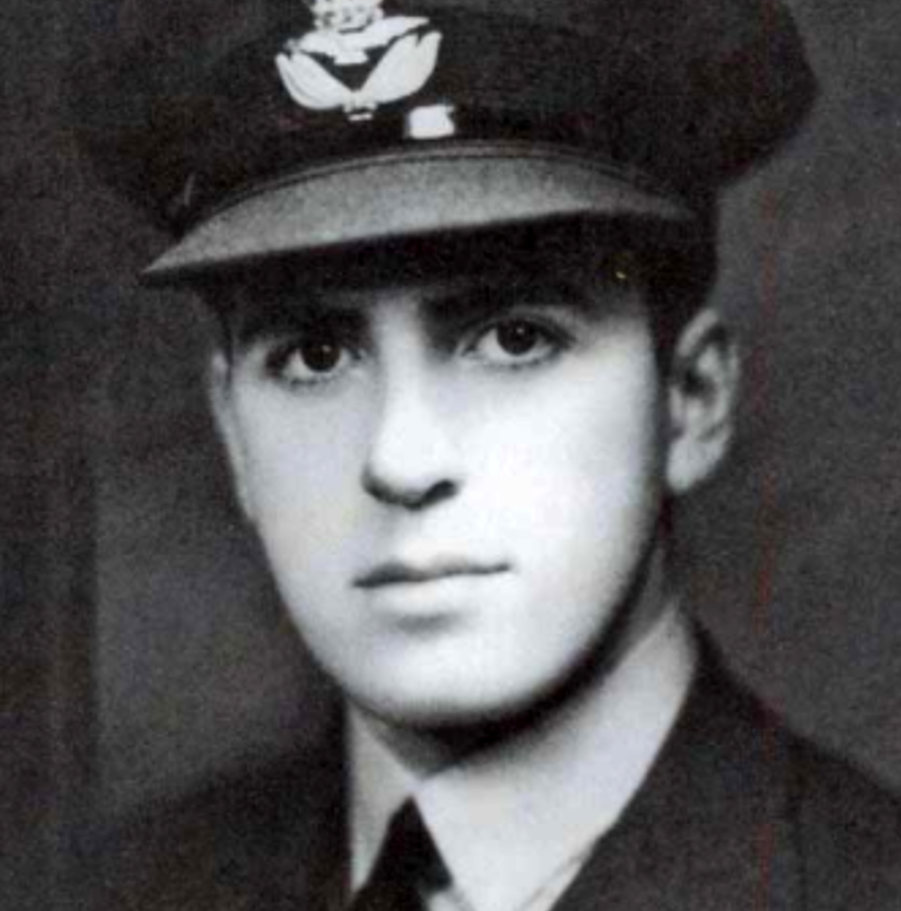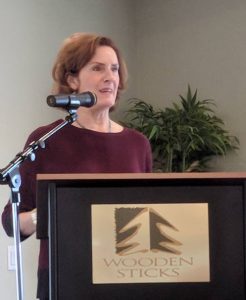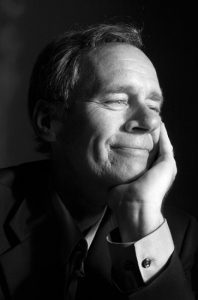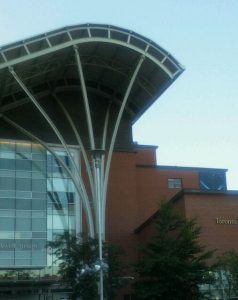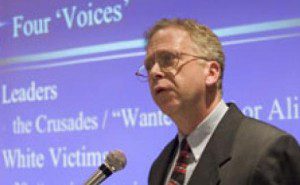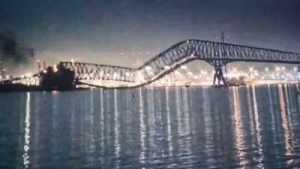
Instincts cannot be unlearned. Early last Tuesday morning (March 26), a retired chief of the Baltimore fire department was wakened when he heard rumbling and felt his house shake. He lives a short distance from the Patapsco River. He said the experience “felt like an earthquake.”
Interviewed by The Associated Press in the U.S., former firefighter Donald Heinbuch explained that instinct told him to drive to toward the unearthly sound. Then, he described what he saw. “The (container) ship was there, and the bridge was in the water – like it was blown up.” (more…)
